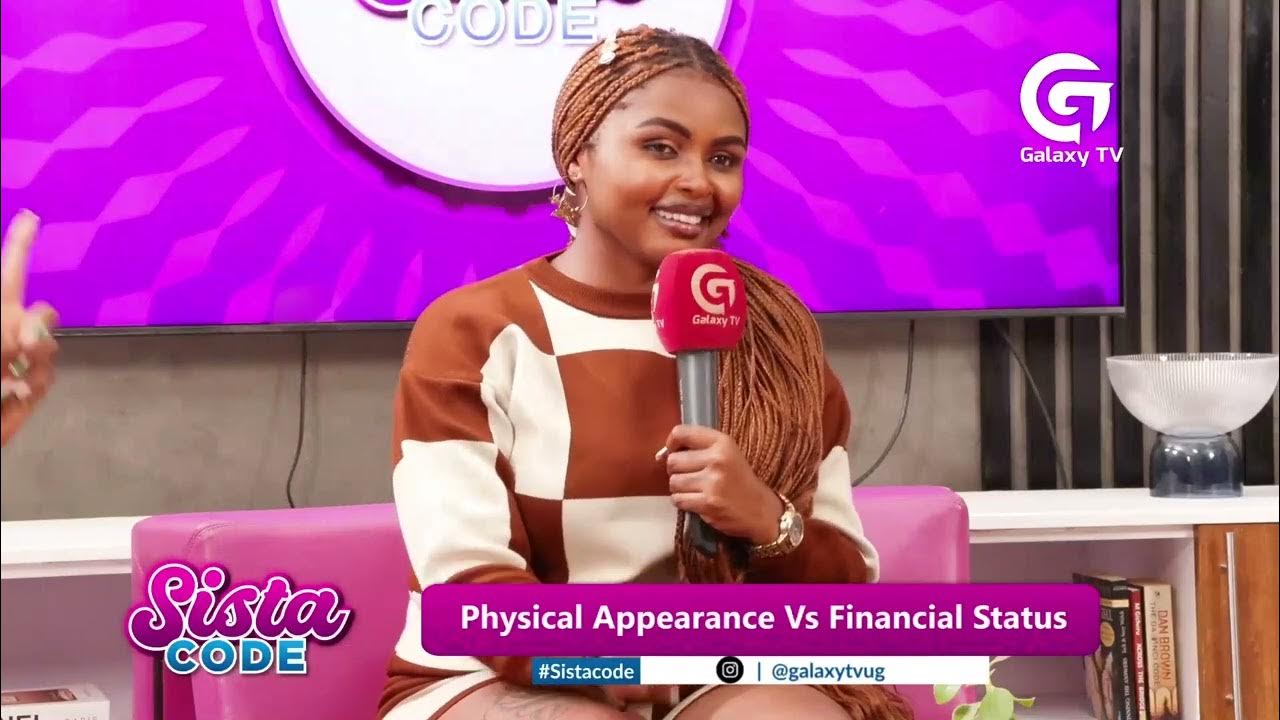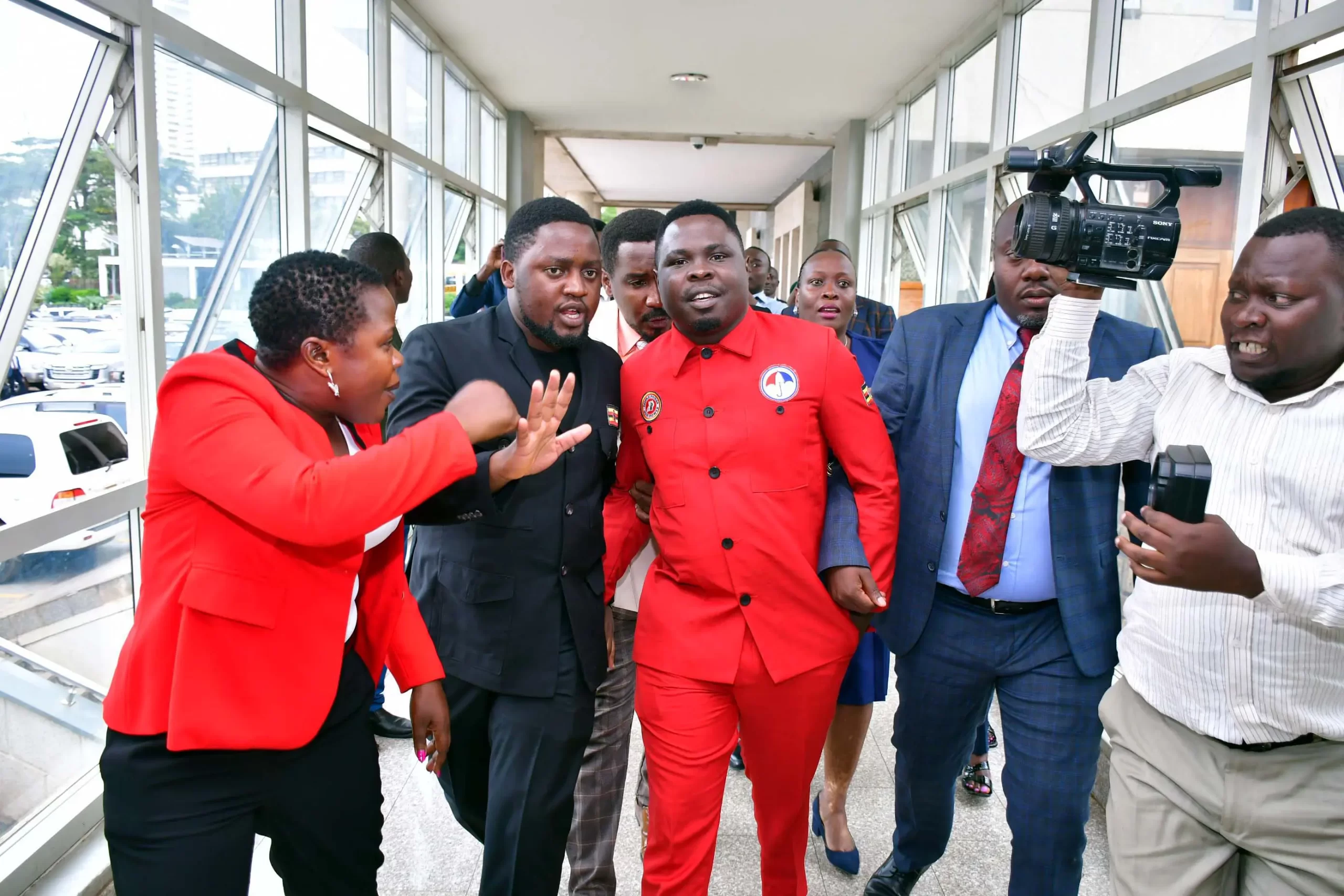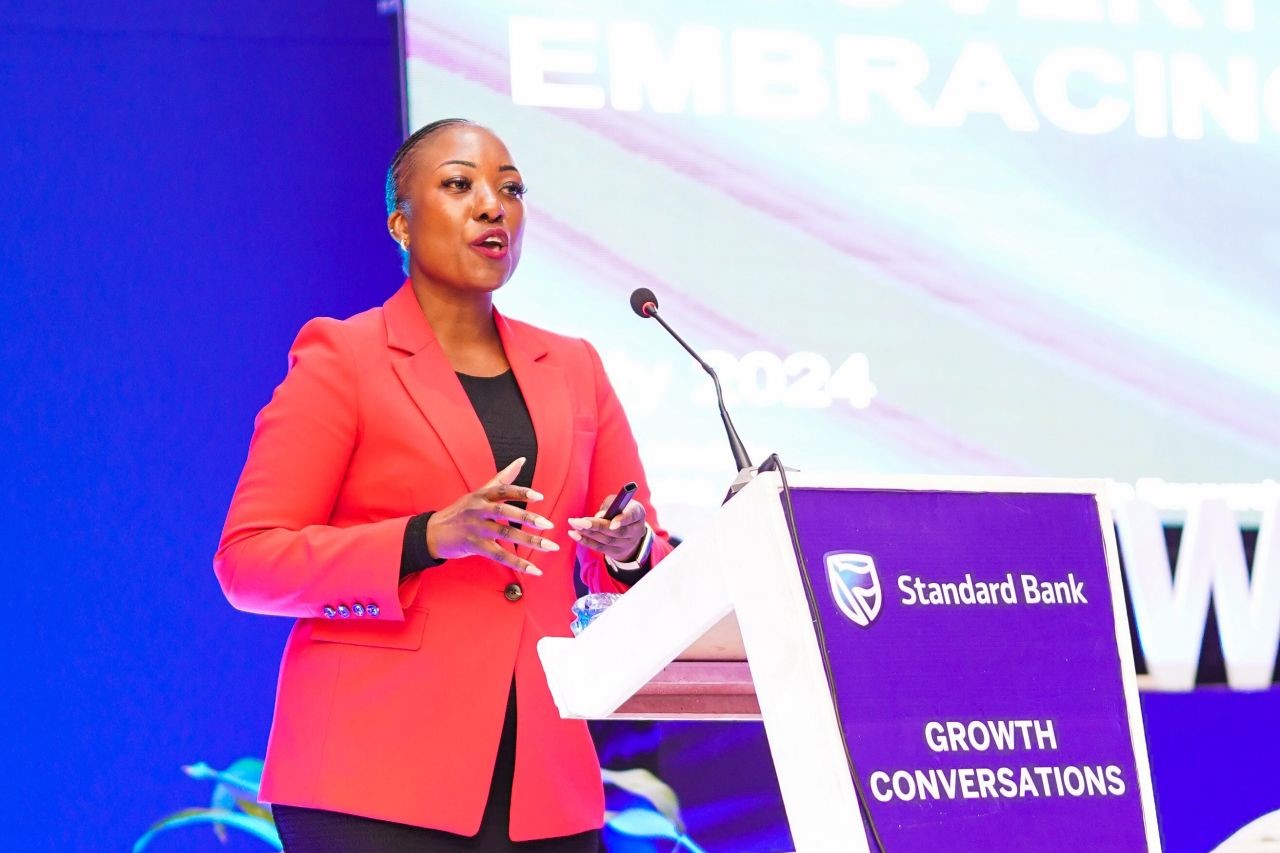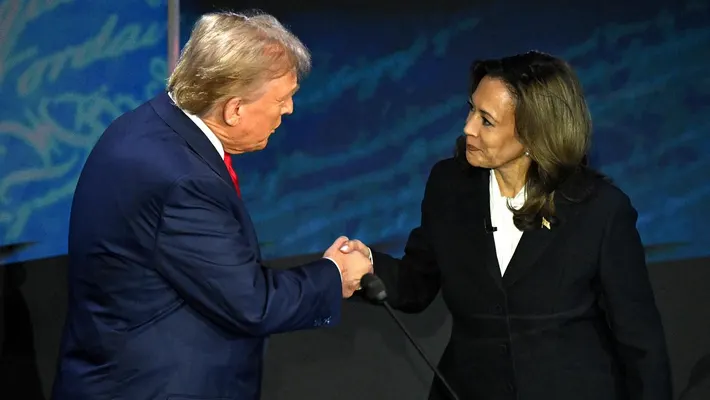Just when many people thought that the television industry in Uganda was saturated, Galaxy TV appears to have gained a significant foothold, especially among the urban youth.
Visit any trading centre on the outskirts of Kampala or Wakiso and chances are that the salons, boutiques and other small businesses will be tuned into Galaxy TV.
Two years ago, TV sets in most of these businesses would be tuned to KBS TV which was popular for its movies. Before KBS TV, there was Bukedde TV in its place.
But that is starting to change as the tide shifts increasingly towards Galaxy TV. Galaxy TV, it appears targets mainly urban youth with a modest level of education.
You know the kind of youth who can reel off phrases like: ‘Hi’, ‘Whats Up’, ‘Get me a rolex’, ‘what your name baby’ but can’t sustain one hour of conversation in English.
The youth that may not know their area councillor but know the name of the producer behind Lil Pazo’s Enkudi hit.
Douglas Musoke, a barber in Namugongo said he loves Galaxy because of the chatty style of the presenters.
“I like the way they interact without shouting at each other,” Musoke told Bbeg Media.
The Kansanga-based TV station appears to have hit it off with the urban youth who love partying and the things that accompany it.
It’s slogan, Jikonkone, rhymes with many young people because it has a vulgar ring to it.
Alien Skin factor
The tremendous growth in popularity of Galaxy TV has been attributed in large part to Alien Skin, the Fangone Forest boss whose quick rise to fame was quickly exploited by the TV.
At a time when other TV stations were still dragging their feet on whether to play Alien Skin’s bubble-gum but enjoyable music, Galaxy TV went all out and gave the ghetto star all the airtime.
Alien became a regular fixture on Galaxy TV shows that some people suggested he should be given a company ID.
Yet what really got Galaxy TV a foot in the door was its unique programming.
Many of its viewers say the TV’s programming speaks directly to them. The presenters usually use a mixture of English and Luganda, the two most widely spoken languages in Uganda.
One of the most popular programmes is Rewind, where presenters look at the list of social events that have taken place over the course of the day and offer their take.
There is Sista Code dedicated to relationship and love issues. The female guests have a bluntness to their presentations and are unafraid to call a spade a spade.
It’s unconventional evening news bulletin, Daily Dose, is also a draw for many young people tired of the sameness of other bulletins.
Its anchors Detacha and Little Jo often tease each other on the screen while relaying even the most important of stories in a laid-back conversational style.

In a society where people are stressed over so many things, Daily Dose, is the perfect tonic.
Then there is Deep Talk where celebrities open up about their childhood and events that shaped their lives. Its host, Mr Henrie has perfected the art of leading his guests into ‘traps’.
Another key reason for its rapid growth has been its ability to provoke thought and debate and its social media handles, especially X.
Of course, there are times when they hit below the belt (like comparing women’s bottoms) but there is no doubt that their handles have turned it into a cultural trendsetter.
Viewers often continue discussions on social media after the show ends, sharing opinions and debating points raised during the broadcast.
The only blot in Galaxy TV’s story is that they pay poorly, according to people who have worked there.
For now, Galaxy TV appears to be on a roll. How long can they keep this momentum? That’s the question.











